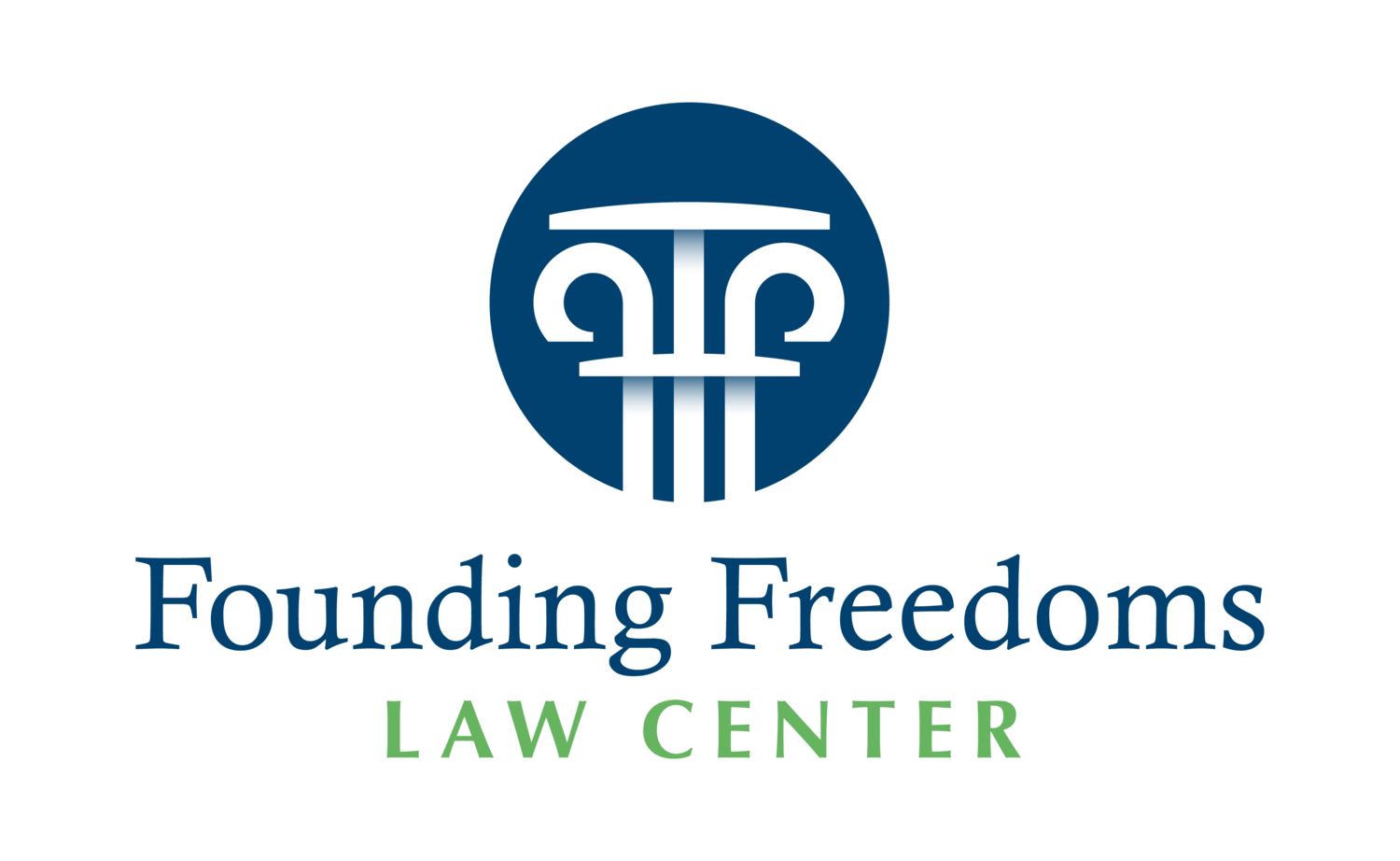FFLC and First Liberty Send Joint Letter to Suffolk School Board Over Anti-Prayer Policy
The Founding Freedoms Law Center is pleased to announce that we have been retained by Ms. Angela Kilgore, the citizen who was prohibited from praying during a portion of her public comment time at the August 10 Suffolk School Board meeting.
Today, in response to the School Board’s unconstitutional policy, the Founding Freedoms Law Center joined with First Liberty Institute to send a letter to the Suffolk School Board urging members to update their public comment policies to reflect the right of religious citizens to express their viewpoint without fear of censorship. First Liberty Institute is the same religious liberty law firm that won the Coach Kennedy prayer case at the U.S. Supreme Court last year.
You can read the full letter here.
The First Amendment prohibits a school board from silencing a citizen’s prayer out of phantom concerns over violating the Establishment Clause. We have asked the school board to clarify its policy, and we have let them know that we’d be happy to assist them in ensuring that the constitutional rights of religious citizens are protected.
At the August 10, 2023, School Board meeting, School Board Chairman Tyron D. Riddick prohibited a member of the public, Ms. Angela Kilgore, from using part of her allotted public comment time to say a brief prayer “for Suffolk Public Schools, for all of you [the board members].” Chairman Riddick later explained that he believed allowing Ms. Kilgore to pray as part of her public comment would be unconstitutional.
According to the letter, “In fact, the Constitution prohibits the government from excluding religious expression from a public forum; it certainly does not require such censorship. We ask that the School Board clarify its policy accordingly, and we would be happy to work with the School Board to craft new policy that does not discriminate against religious citizens or violate their constitutional rights. “When the government encourages diverse expression—say, by creating a forum for debate—the First Amendment prevents it from discriminating against speakers based on their viewpoint.” Shurtleff v. City of Boston, 142 S. Ct. 1583, 1583 (2022).”
